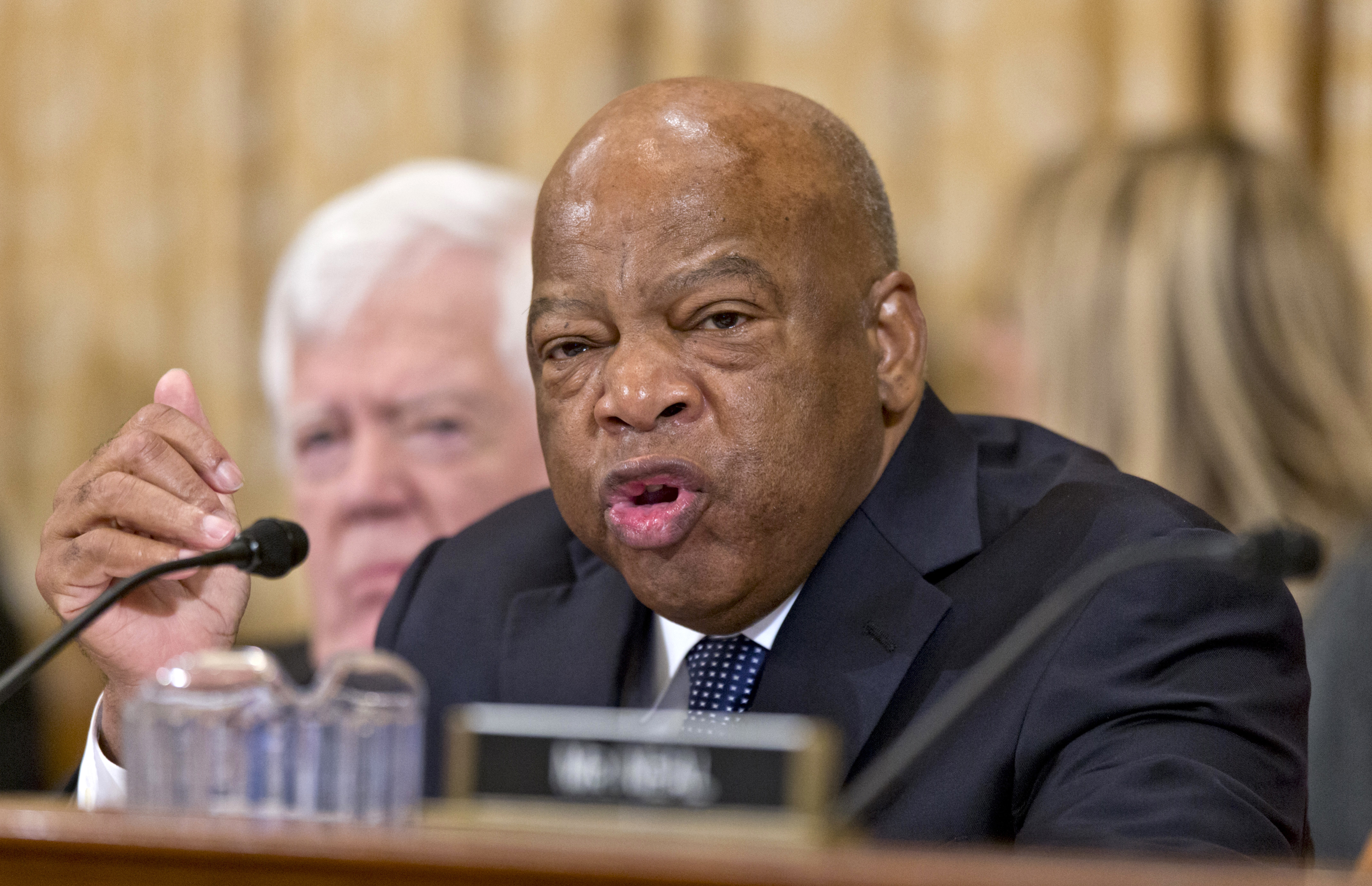WASHINGTON - A new bipartisan congressional proposal once again would require Georgia and three other states to submit all voting laws to the federal government for "pre-clearance" - rewriting a Voting Rights Act formula the U.S. Supreme Court found unconstitutional last year.
The bill was introduced last week by a key House Republican and a Senate Democrat. House Majority Leader Eric Cantor has said he wants to move forward on the issue, though the Virginia Republican did not immediately endorse the new proposal.
The new plan's backers pointed to overwhelming support for reauthorizing the full Voting Rights Act in 2006 and said the bill was designed to withstand political and constitutional challenges.
"The swift action we took on this issue demonstrates the importance of the right to vote [for] members on both sides of the aisle," said Rep. John Lewis, an Atlanta Democrat and former civil rights movement leader. "It is the most powerful nonviolent tool we have in a democratic society."
In June, the U.S. Supreme Court tossed out the formula used to put nine states and parts of six others with a history of overt discrimination in their voting laws under pre-clearance, in which all new laws must be cleared by the U.S. Department of Justice.
Chief Justice John Roberts, in the 5-4 decision, put the onus on Congress to come up with a pre-clearance formula with a modern standard -- rather than one based on 1965 data.
The new proposal applies nationwide and forces states into pre-clearance if a court has found five or more Voting Rights Act violations in the previous 15 years, including at least one action by the state itself. That language would ensnare Georgia, Texas, Louisiana and Mississippi.
But their fate would not be permanent. A clean voting rights record could free states automatically from the pre-clearance requirement.
Sen. Patrick Leahy, D-Vt., said the bill is "based on current conditions" and constitutes a "narrow fix" following the Supreme Court decision.
But many Republicans celebrated the Supreme Court's ruling in Shelby County v. Holder and said pre-clearance is no longer necessary at all.
Other Voting Rights Act protections remain untouched, and any discriminatory voting law can be challenged in court.
In addition, a court can force a jurisdiction into pre-clearance -- as a federal judge did to the town of Evergreen, Ala., last week -- if it shows a pattern of intentional discrimination.
"If you've got actual evidence that a particular town or county is engaging in discrimination, look, you can go to court, prove it to a judge, and you can get pre-clearance put in," said Hans von Spa-

